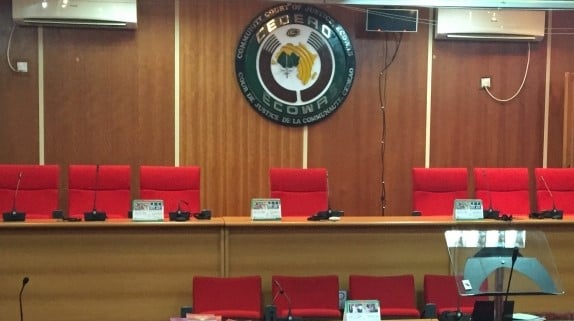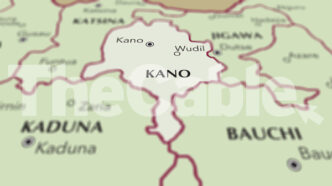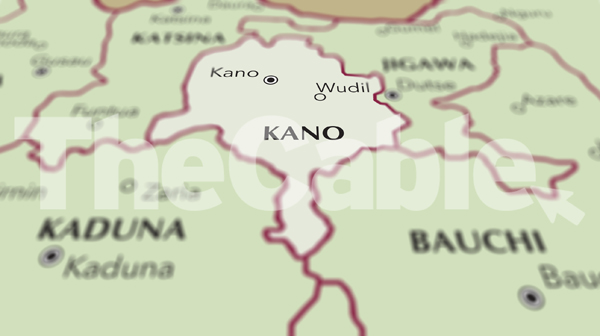The Media Rights Agenda (MRA) has asked the federal government to engage the Kano state government on the implementation of the ruling of the Economic Community of West African States (ECOWAS) community court of justice on blasphemy laws.
In April, the ECOWAS court ruled that the blasphemy provisions in Kano state laws violate Nigeria’s international human rights commitments.
The ECOWAS court ruled that the blasphemy provisions do not align with the freedom of expression guaranteed under regional and international human rights laws.
The court also ruled that section 382(b) of the Kano State Sharia Penal Code Law (2000), which imposes the death penalty for insulting the Prophet Muhammad, as “excessive and disproportionate” in a democratic society.
Advertisement
Reacting to the ruling, the Kano government rejected the ECOWAS court verdict while stating that the state has every right to create laws that reflect the moral and religious contexts of its residents.
‘FG MUST ENSURE THAT FEDERAL, STATE LAWS ARE CONSISTENT WITH INTERNATIONAL INSTRUMENTS’
In a statement on Wednesday, Monday Arunsi, acting head of MRA’s legal department, said the federal government has the legal and moral duty to ensure that all laws in the country are consistent with international instruments that protect human rights.
Advertisement
Arunsi said the judgment of the ECOWAS court reinforces concerns about how the blasphemy laws in Kano and some other states are antithetical with international human rights.
He urged the federal government to “demonstrate leadership in the region by taking immediate steps to engage with the Government of Kano State and other states with similar laws to ensure a comprehensive review and reform of such legislation, in line with Nigeria’s international obligations and in compliance with the orders of the court”.
“Nigeria cannot pick and choose which of its international obligations to respect. The judgment of the ECOWAS Court is binding, and the Federal Government has a legal and moral duty to comply with it and ensure that the provisions of all federal and state laws are consistent with the regional and international instruments to which it is a State Party and, in particular, that the laws protect the rights and freedoms enshrined in the African Charter and the ICCPR, which Nigeria has voluntarily ratified. compliance is, therefore, not optional,” the statement reads.
“Capital punishment is typically reserved for serious crimes like murder, terrorism or genocide where there is a clear victim who has suffered grave harm, not speech or disrespect.”
Advertisement
Arunsi asked the national assembly, the National Human Rights Commission, and other relevant institutions to ensure that Nigeria’s legal framework aligns with international human rights treaties.








